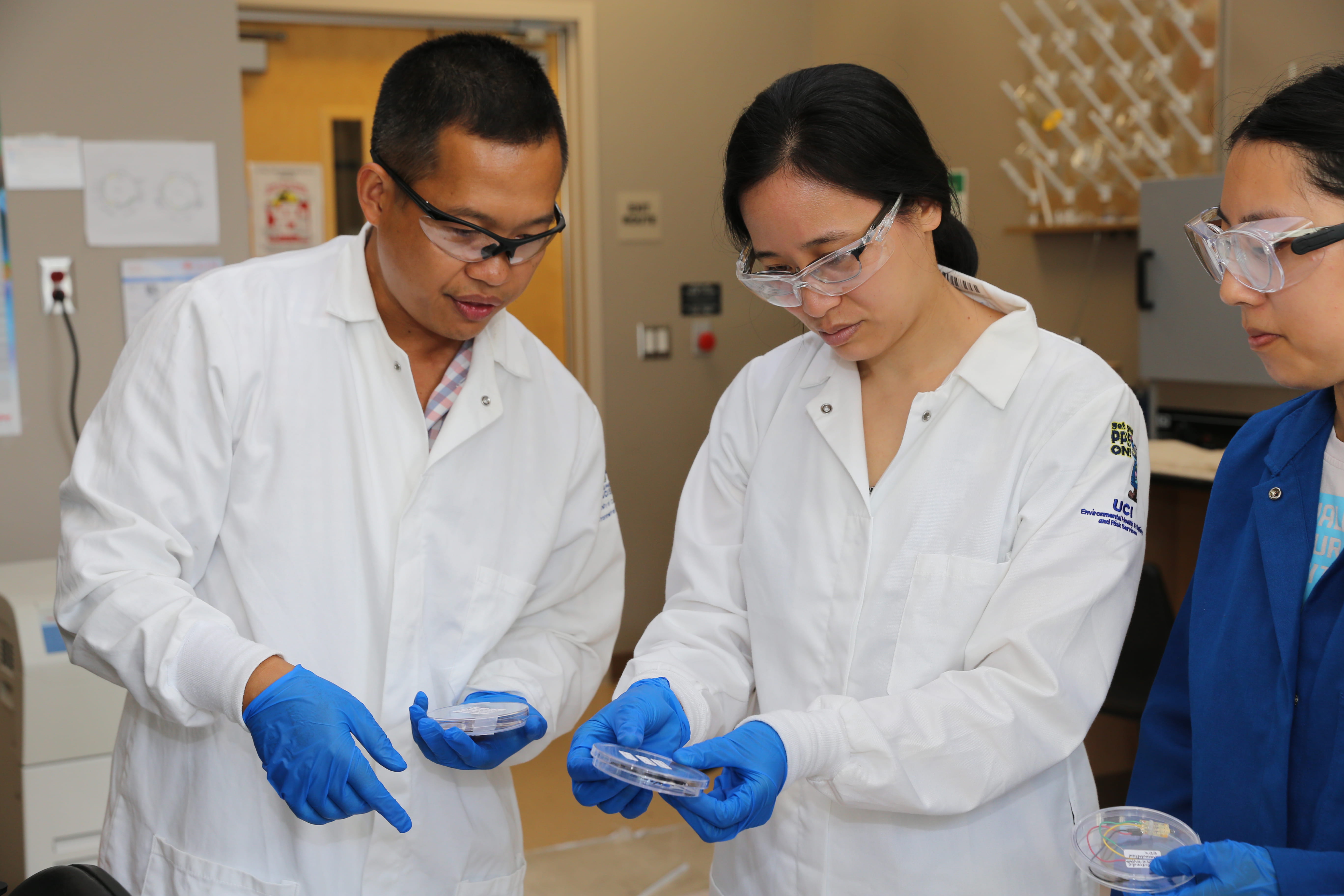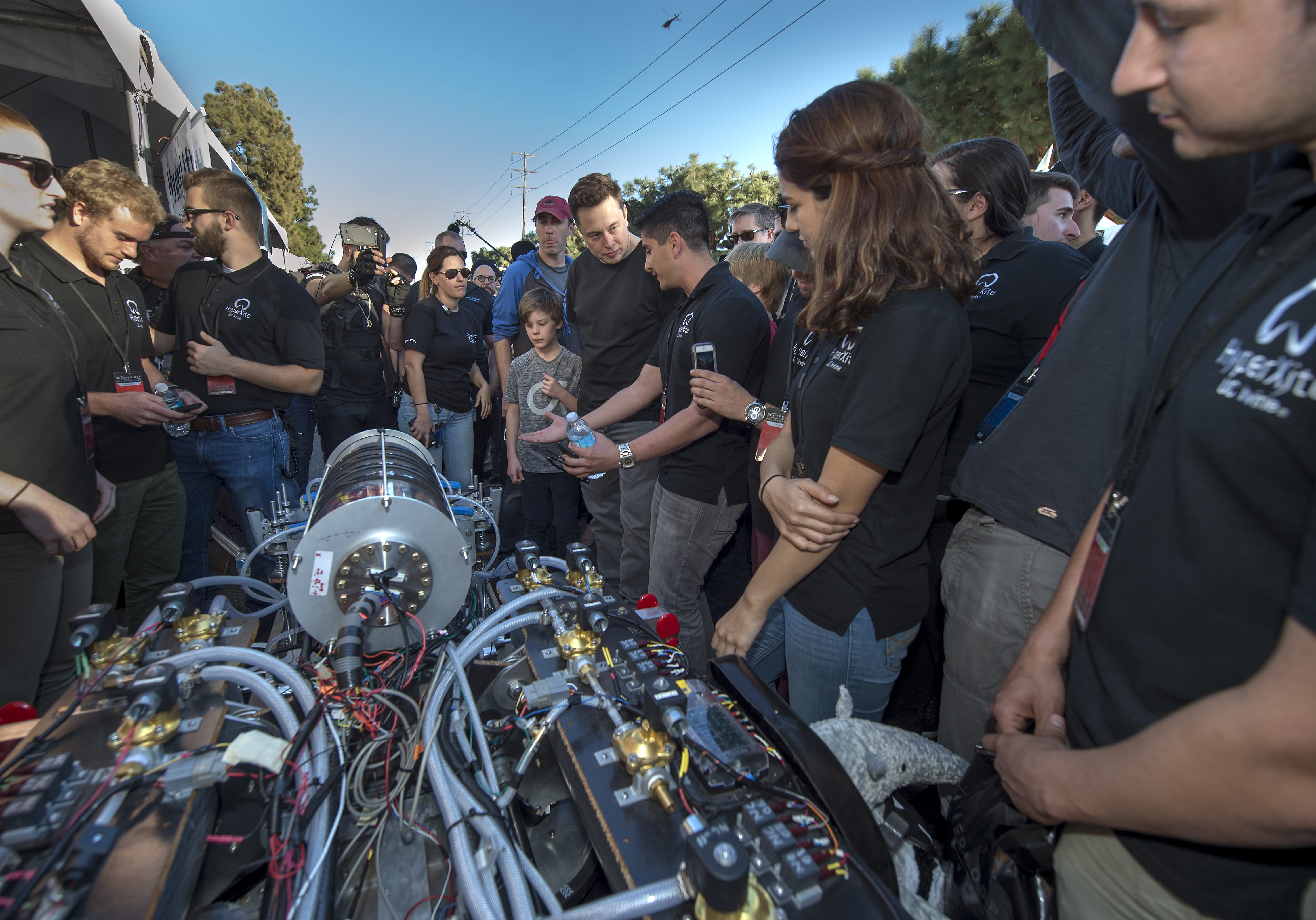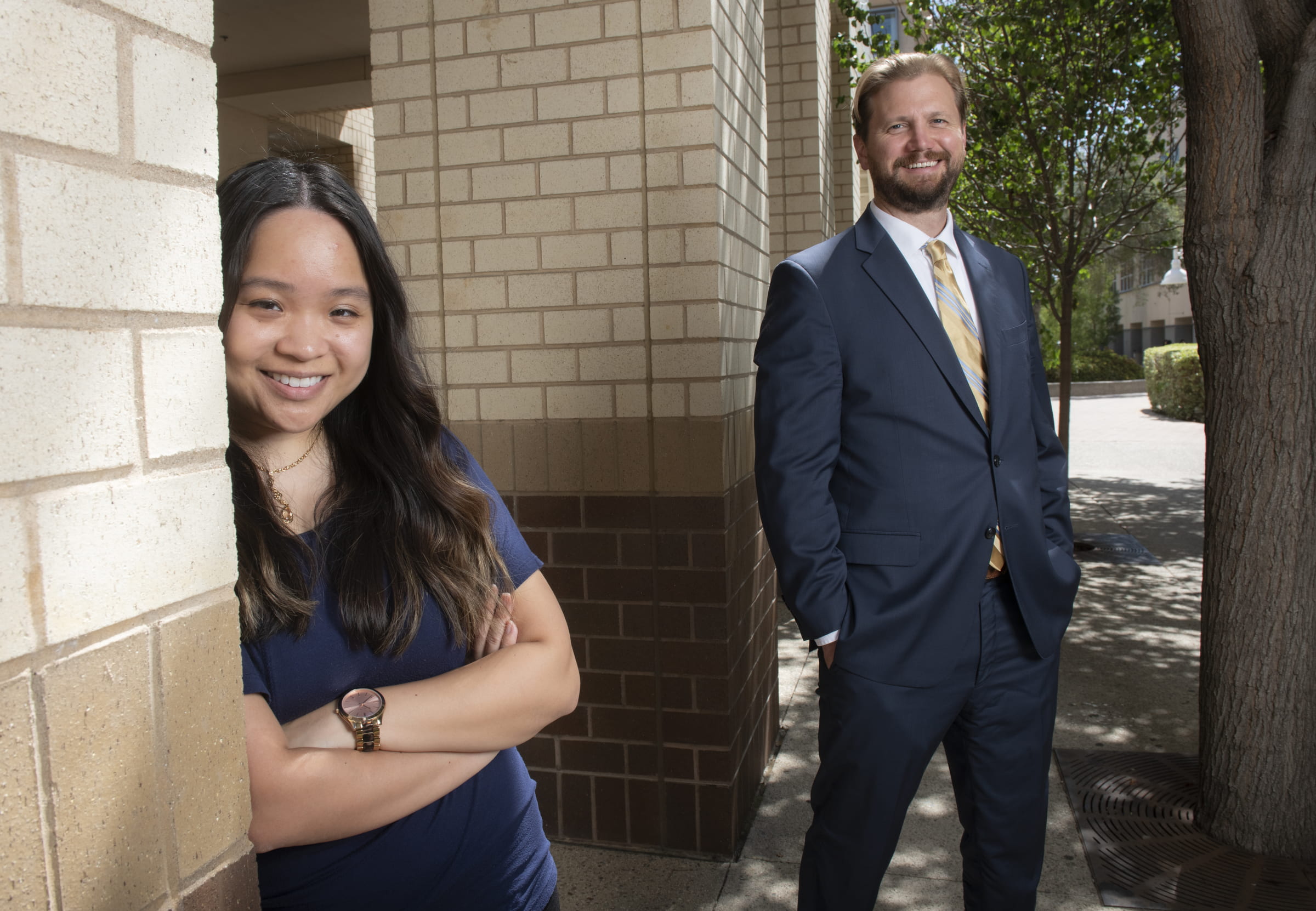UCI engineers receive NSF grant to develop biosensors for measuring neurotransmitters

UCI engineers have received $1 million from the National Science Foundation to design integrative approaches for measuring real-time brain activity during social interactions in sleep-disrupted animal models. Early-life sleep disruption has been shown to affect the development of complex social behaviors in prairie voles, the studied model, impairing social bonding in a manner similar to autism in humans. The research team, led by Hung Cao, UCI assistant professor of electrical engineering & computer science, will create neural biosensor microprobes that can simultaneously – and in real time – detect two key neurotransmitters governing excitation and inhibition. The ratio of these neurochemicals, called L-glutamate and gamma-aminobutyric acid, holds important information about brain control of social interactions in healthy and autistic individuals. The wireless system will be combined with EEG to track electrical activity in the brain as well. “We know that sleep disruption in early life affects the ability to form bonds with partners in voles, but we don’t know why; we don’t know what’s going on in the brain’s chemistry,” Cao said. “We need dedicated devices to measure the excitatory/inhibitory balance in vivo during social interactions, with optimal temporal and spatial resolution. Such tools do not currently exist.” His co-principal investigator on the grant is Dr. Miranda Lim, a neurologist at Oregon Health & Science University who examines the role of sleep disruption in the developing brain. Other project collaborators are Plamen Atanassov, UCI Chancellor’s Professor of chemical & biomolecular engineering and materials science & engineering, and Payam Heydari, UCI professor of electrical engineering & computer science.


